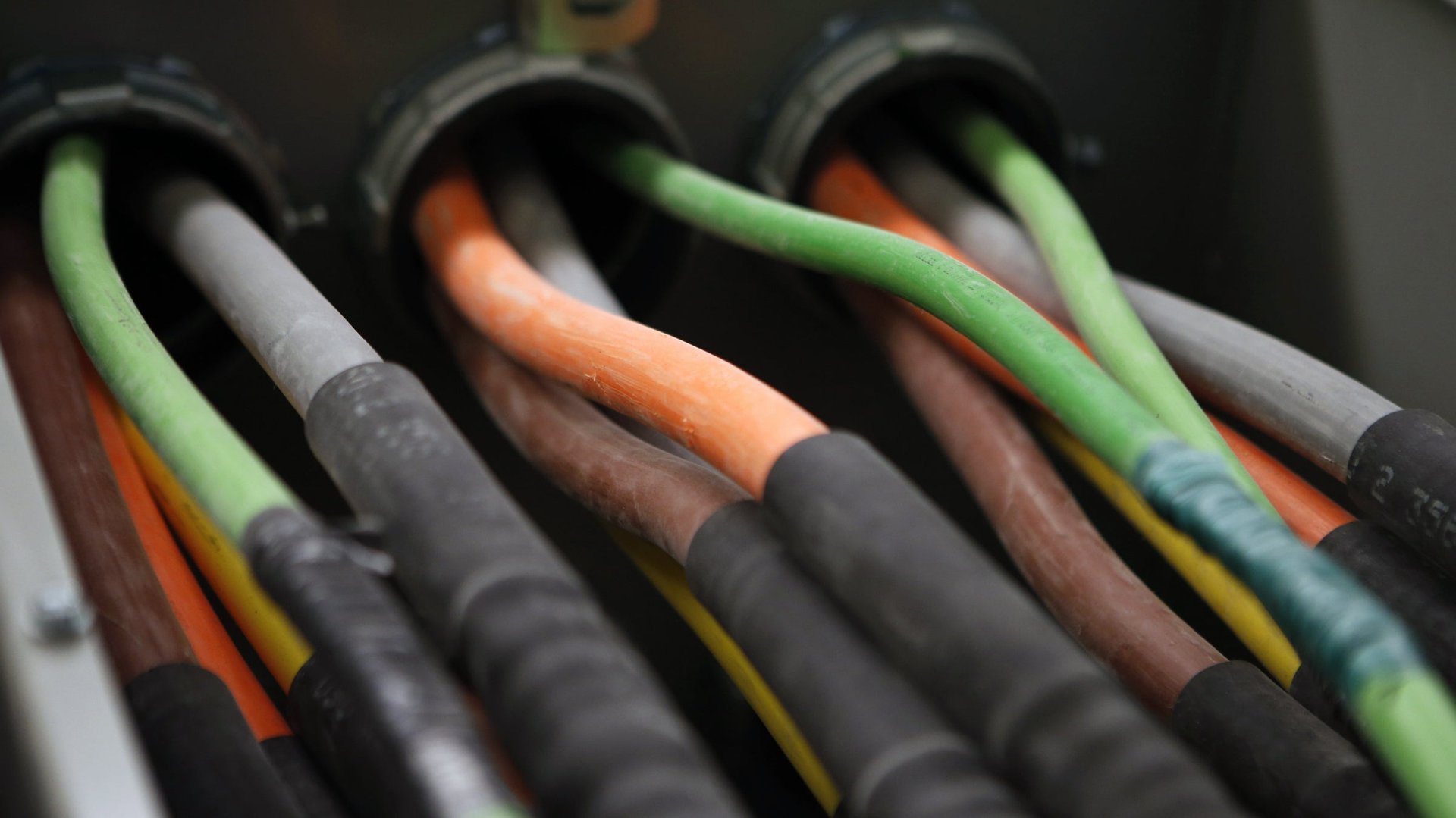Time Warner Cable haters take heart, the company could soon have new owners
Last year, we discussed why, despite being America’s least liked cable provider, all sorts of potential buyers were sniffing at Time Warner Cable. Today, Charter Communications made a $61 billion offer for Time Warner, the industry’s second biggest player. (That eye-popping figure includes the debt Charter would assume if the deal happens.) Here’s why it matters.


Last year, we discussed why, despite being America’s least liked cable provider, all sorts of potential buyers were sniffing at Time Warner Cable. Today, Charter Communications made a $61 billion offer for Time Warner, the industry’s second biggest player. (That eye-popping figure includes the debt Charter would assume if the deal happens.) Here’s why it matters.
A deal would reshape the industry
America’s cable industry must consolidate. Unlike the US telecommunications market, which is dominated by a handful of players, the cable industry is highly fragmented, a legacy of the way licenses were doled out by the US government in the 1950s and 1960s.
Fragmentation weakens the hand of cable companies when they negotiate with the film studios and networks for the movies and shows viewers want to watch on cable. (The biggest cable company, Comcast, has about 22 million video subscribers, which—while not a directly comparable service—is fewer than Netflix.) As a result, content is more expensive than it might otherwise be and so are cable bills. Those pricey bills result in the “cord-cutting” trend that the cable industry rightly finds terrifying. A stronger hand in negotiations with content providers could help fix a lot of these problems.
Cable consolidation could make your internet work better
Cable companies account for about 57% (48 million) of all US broadband subscriptions in the US. But because they’re so fragmented, as we just explained, cable networks don’t overlap and therefore don’t really compete directly with each other. So it’s unclear how consolidation would effect prices for consumers. But, if the proponents of consolidation are to be believed, it could lead to improvements in America’s deficient broadband infrastructure. Funding upgrades of the pipes that run into your home is easier if you have a bigger subscriber base. That might lead improvements—think faster internet speed—but not necessarily lower prices.
And it could make this media mogul even more powerful
Ownership of America’s cable industry is concentrated in a handful of families. The man currently pushing the hardest for consolidation is John Malone, who has been seeking to regain the dominant position he enjoyed in the 1980s and 1990s. As the largest shareholder of Charter Communications, he’s seen as the driving force behind the bid for Time Warner Cable. Often described as a libertarian, Malone is also a long-standing adversary of fellow conservative media magnate Rupert Murdoch. A successful bid for Time Warner Cable could set the stage for a fresh chapter in the long-running battle between the two.